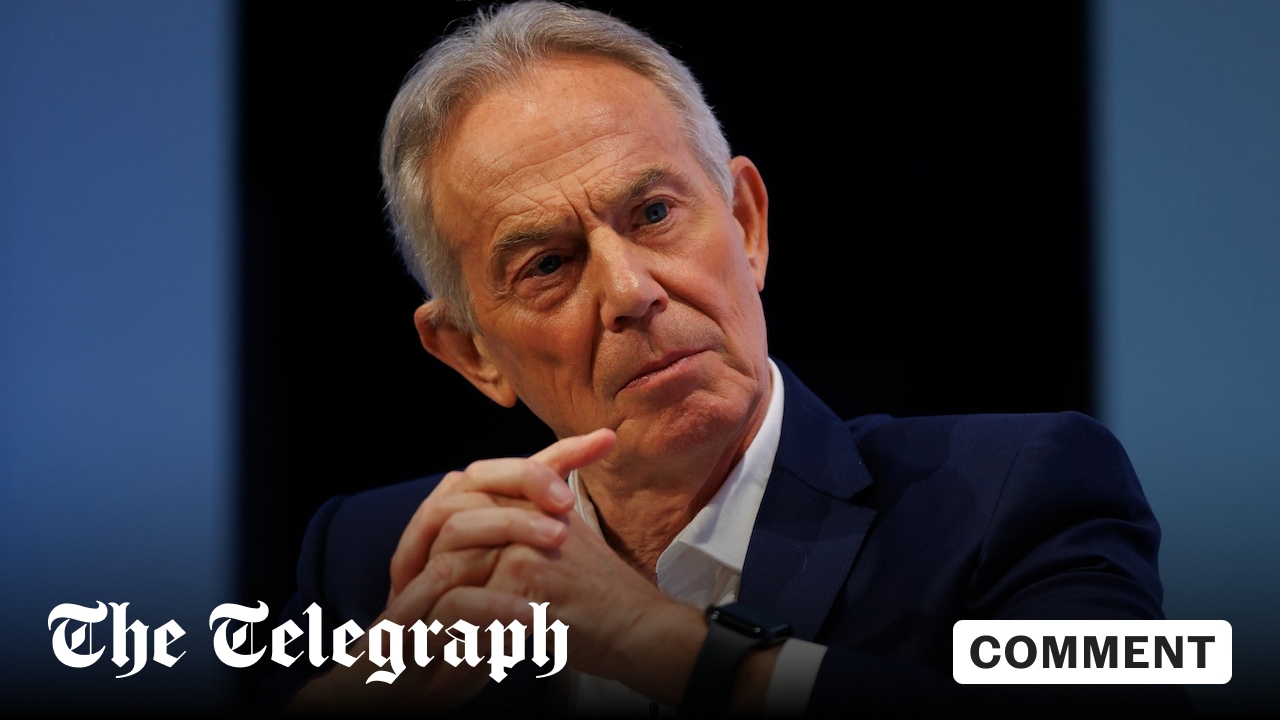Sir Tony Blair's Net Zero Intervention: A Critical Analysis
Former Prime Minister Sir Tony Blair's recent interventions on climate change and the UK's net-zero targets have sparked considerable debate. His advocacy for a more pragmatic and technologically driven approach has drawn both praise and criticism, highlighting the complex challenges and political sensitivities surrounding the ambitious climate goals. This article provides a critical analysis of Blair's arguments, examining both their strengths and weaknesses.
Blair's Key Arguments: A Pragmatic Approach to Net Zero
Blair's central argument hinges on the need for a more realistic and technologically advanced path to net-zero emissions. He advocates for a greater emphasis on:
-
Technological innovation: Blair stresses the crucial role of technological breakthroughs in achieving ambitious emission reduction targets. He argues that relying solely on behavioral changes and existing renewable technologies is insufficient. This includes investment in carbon capture and storage (CCS), nuclear power, and other emerging green technologies.
-
Global cooperation: Recognizing the global nature of climate change, Blair emphasizes the importance of international collaboration. He argues that unilateral action by the UK alone will be insufficient and advocates for stronger global agreements and partnerships to drive down emissions worldwide.
-
Economic growth and green jobs: Blair maintains that transitioning to a net-zero economy shouldn't come at the expense of economic growth. He believes that investing in green technologies can create jobs and stimulate economic activity, fostering a sustainable and prosperous future.
Strengths of Blair's Argument: A Necessary Balance?
Blair's emphasis on technological innovation resonates with many who believe that technological advancements are crucial to achieving net-zero at scale and at an economically viable pace. His focus on global cooperation is also undeniably important, given the interconnectedness of the climate crisis. Furthermore, his linking of green initiatives to economic growth addresses a common concern among skeptics of climate action. His argument offers a more nuanced and potentially more palatable approach to achieving net-zero, avoiding the sometimes overly-simplistic narratives of climate activism.
Weaknesses and Criticisms: Concerns about Greenwashing and Delay?
Despite the merits of Blair's arguments, several criticisms have been levelled against his approach:
-
Potential for Delay: Critics argue that focusing heavily on technological solutions could delay the urgent action needed to reduce emissions now. They warn that technological solutions are often slow to develop and deploy, potentially undermining the short-term targets crucial for mitigating the worst effects of climate change.
-
Greenwashing Concerns: Some critics express concerns that emphasizing technological solutions might be used to justify continued reliance on fossil fuels, delaying the necessary phase-out of these polluting energy sources. This could be perceived as “greenwashing” – promoting a misleadingly positive image of environmental performance.
-
Equity and Social Justice: Blair's focus on technological solutions and economic growth may overshadow the crucial aspects of social justice and equity inherent in climate change. A just transition to a net-zero economy requires addressing the disproportionate impact of climate change on vulnerable communities and ensuring equitable access to green technologies and opportunities.
Conclusion: Navigating a Complex Challenge
Sir Tony Blair's intervention on net-zero represents a significant contribution to the ongoing debate surrounding the UK's climate ambitions. His emphasis on pragmatism, technological innovation, and global cooperation offers a valuable perspective. However, his approach must be carefully considered against the potential risks of delaying necessary action, greenwashing, and neglecting social justice concerns. The challenge lies in finding a balance between ambitious targets, realistic implementation strategies, and a just transition to a net-zero future – a challenge that requires a multifaceted approach incorporating all perspectives and acknowledging the urgency of the situation. Further discussion and collaboration are crucial to achieving a sustainable and equitable outcome.
Further Reading:
- [Link to a relevant government report on net-zero targets]
- [Link to an article discussing the challenges of carbon capture and storage]
- [Link to an article on international climate cooperation]
Keywords: Sir Tony Blair, Net Zero, Climate Change, UK, Climate Policy, Green Technology, Carbon Capture, Sustainable Development, Global Cooperation, Pragmatism, Criticism, Analysis.

